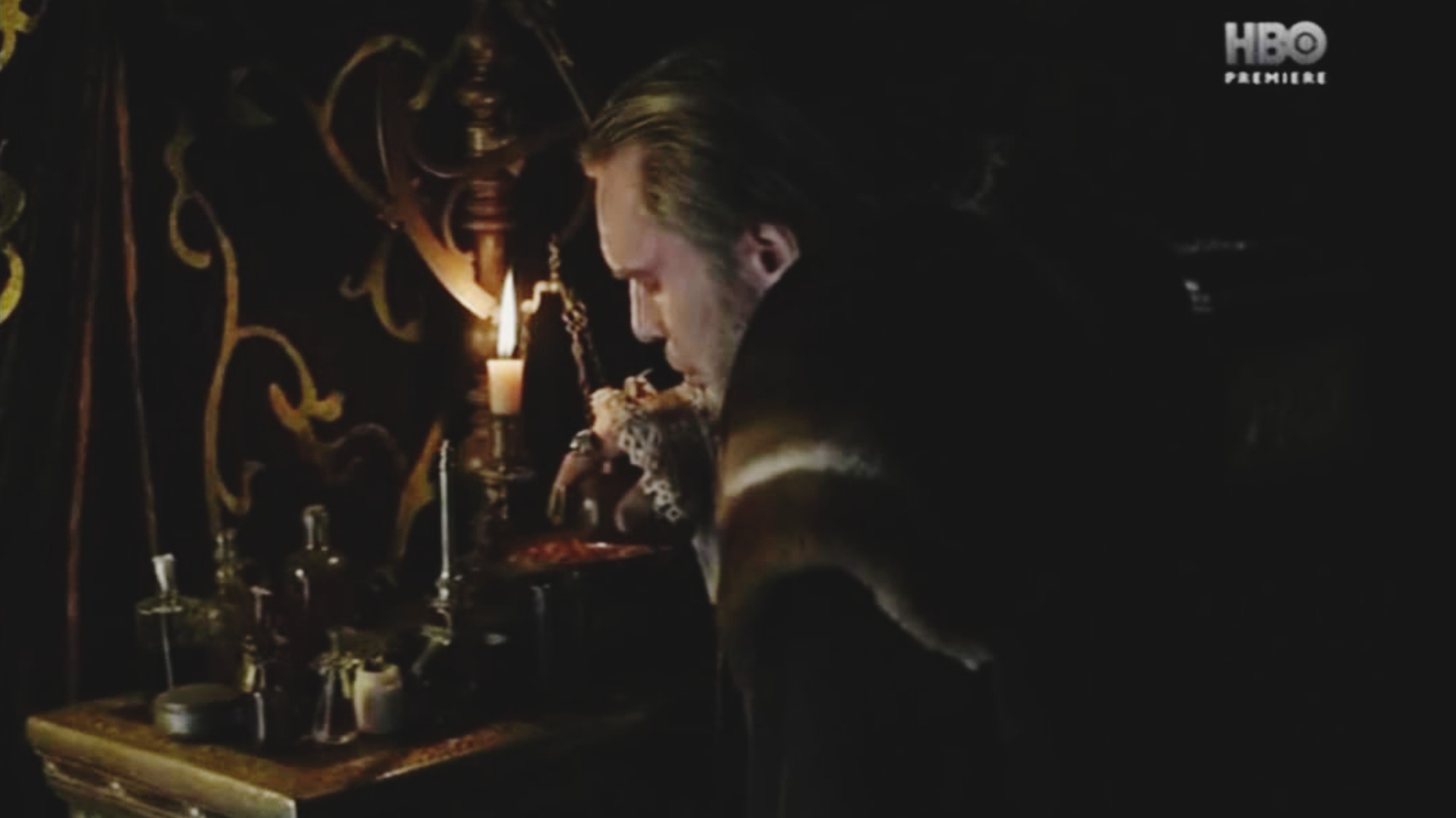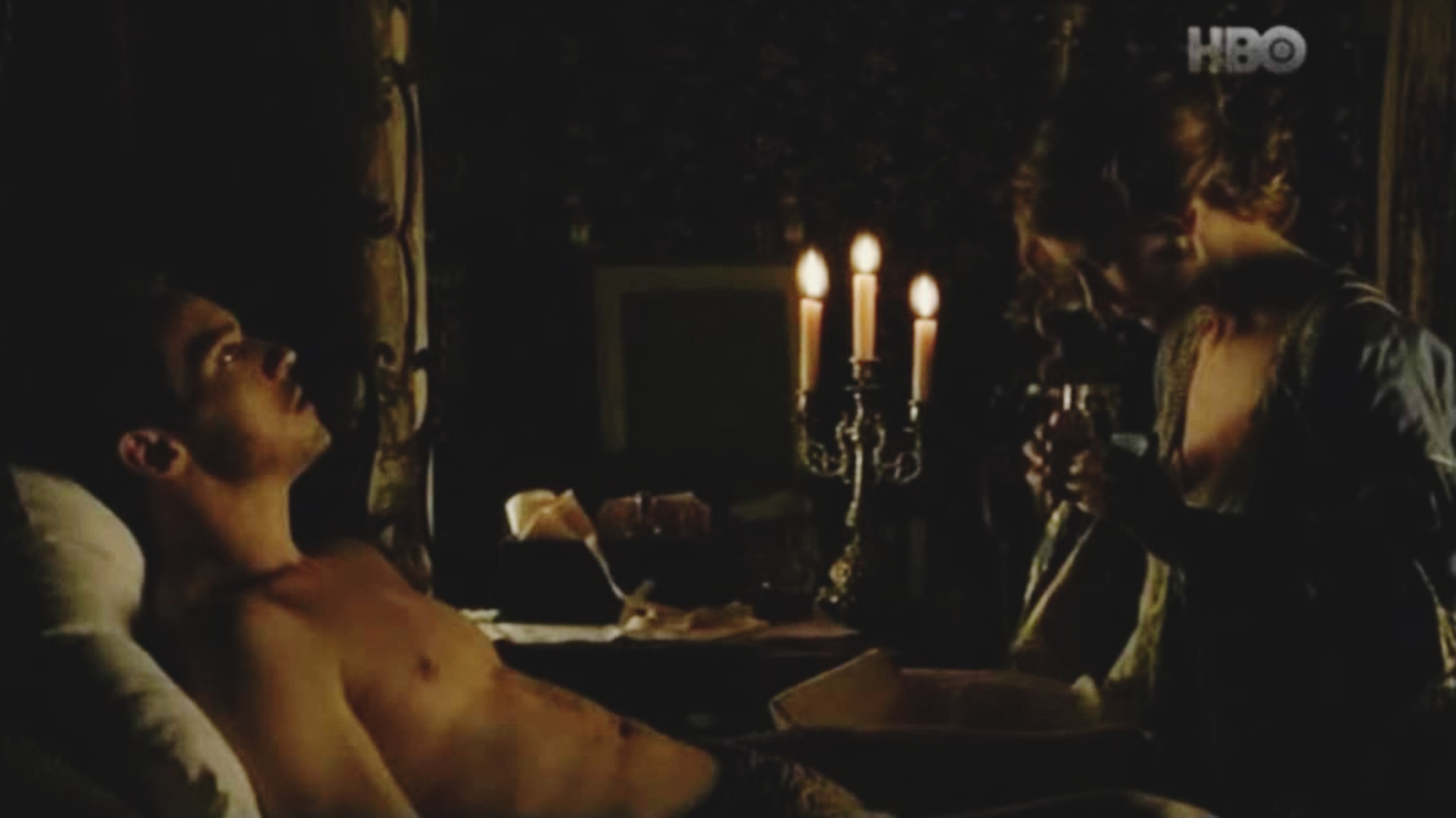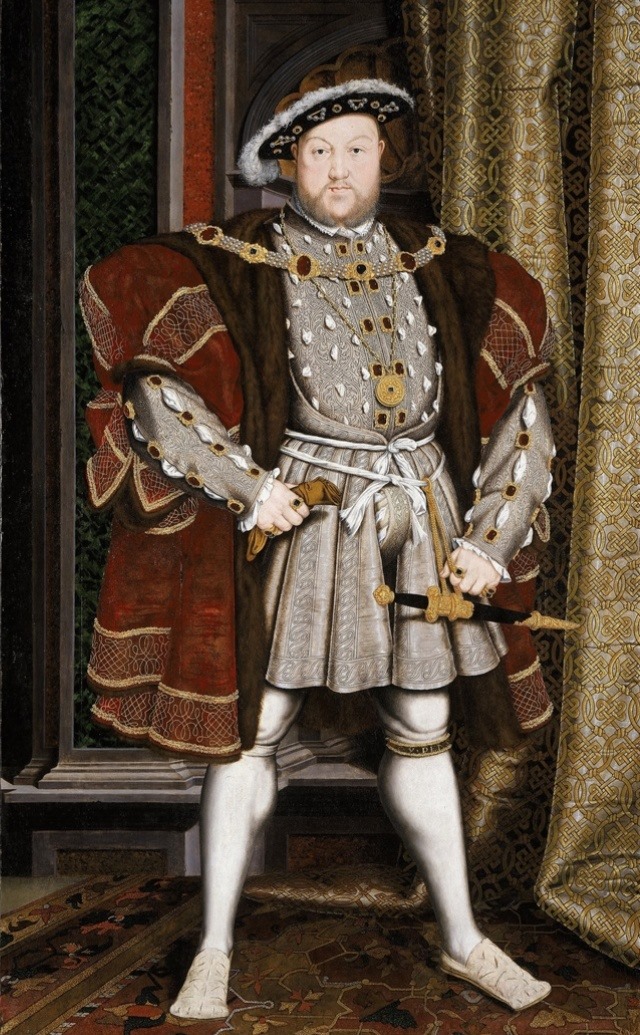Bylinář Jindřich VIII.
Je třeba předeslat, jak je ostatně velmi dobře známo, že anglický král Henry VIII. rozhodně nepatří mezi vzory laskavého přístupu k bližním, neboť nechal popravit své dvě ženy, dva své kancléře Thomase Morea a Thomase Cromwella, a za jeho vlády bylo na jeho příkaz zavražděno obrovské množství lidí včetně dětí.
Avšak z historického hlediska je Jindřich VIII. pro oblast FYTOTERAPIE velmi výraznou postavou, neboť byl po celý svůj život velkým zastáncem bylinné medicíny. Parlament díky Jindřichu VIII. přijal zákony, které upravovaly lékařské praktiky, včetně ochrany bylinkářů prostého lidu, kteří mohli praktikovat bez obav z trestního stíhání. Jednalo
se o tzv. HERBALISTICKOU CHARTU.
Jindich VIII. byl totiž sám velmi znalým a vzdělaným bylinářem. Jelikož trpěl řadu let bolestivými vředy na noze, které vznikly po zranění při turnaji, a zásahy tehdejších lékařů mu příliš nepomáhaly, nabyl přesvědčení, že sám se vyléčí lépe. Vařil si tedy nejrůznější lektvary a odvary.
Rukopis z 16. století obsahuje 32 jeho autorských lékařských receptů. Většina těchto receptů je určená pro léčbu bolesti nohou.
Tehdejší lékaři používali k léčbě nemocí arzenik, rtuť a pijavice a nechávali si za to velmi bohatě platit. K léčbě bylinami se stavěli velmi odmítavě, dokonce chtěli činnost bylinářů zcela zastavit. Léčba bylinami však byla jedinou dostupnou zdravotní péčí pro běžný lid.
HERBALISTICKÁ CHARTA JINDŘICHA VIII., kterou odpůrci nazývali "charta šarlatánů", byla uvedena v platnost, aby zabránila tehdejším lékařům monopolizovat lékařskou péči a vybírat za ni vysoké částky. Listina stanovila, že každý, kdo je zkušený a znalý v používání bylin, smí poskytovat péči tomu, kdo si to přeje.
To byl v historii fytoterapie nesmírně významný moment, neboť díky této chartě byla léčba bylinami uznána jako služba, která je pro veřejnost velmi důležitá.
Díky tomu se fytoterapie mohla vyvíjet až do současnosti. Kontinuitu bohužel velmi poznamenaly pozdější vražedné procesy s takzvanými čarodějnicemi, jež na ostrovech dosáhly svého vrcholu za vlády Jakuba VI. ve Skotsku (Jakuba I. ve Spojeném království). Znalosti byly předávány z generace na generaci a pokud existovaly nějaké písemné záznamy, pak byly v rámci procesů spáleny, a tak se ztratilo obrovské množství cenných informací.
Bylinářská vášeň Jindřicha VIII. je zajímavě zobrazena v seriálu TUDOROVCI, ačkoli jednání kolem Herbalistické charty zde bohužel chybí. Zde jsou citace z několika dílů:
Tudorovci 01x07
na "potivou nemoc": směs měsíčku, manu christi, šťovíku, lučních bylin, lněného octa a slonoviny
Tudorovci 03x02
"Mastičkáři a šarlatáni! Vyléčím se sám."
mast na vřed na noze: "lněné semínko, šťovík, kozí brada, drcené perly, routa vonná a jiné. Svařil jsem to sám, lékařům nevěřím."
Tudorovci 04x03
"Musím na čas odjet z Londýna. Budete ho držet na Windsoru a pečovat o něj a kdyby nedejbože onemocněl, dávejte mu (synovi Eduardovi VI.) tohle: můj vlastní lektvar."
V dokumentu HENRY VIII: MAN, MONARCH, MONSTER (Jindřich VIII.: Muž, panovník, zrůda) je ukázán Jindřichův autentický bylinářský text, jenž obsahuje například recept na tzv. ŠEDOU HOJIVOU MAST, kterou vytvořil v Oxfordu pro zmírnění bolestí a otoků kotníků. Tato mast obsahuje:
kořínky, pupeny (dokument bohužel neuvádí jaké), žížaly, strouhanou slonovinu, drcené perly a tzv. červené olovo (prudce jedovaté)
Podle dokumentu a dalších zdrojů Jindřich VIII. trpěl dnes známým Cushingovým syndromem a s ním spojenou paranoiou a depresemi, obsedantně-kompulzivní poruchou, bipolární afektivní poruchou a diabetem II. typu.
------
ENGLISH VERSION
HENRY VIII. , THE HERBALIST
It should be pointed out, as is well known, that King Henry VIII of England was by no means a model of kindness fellow human beings, for he had executed two of his wives, two of his chancellors, Thomas More and Thomas Cromwell, and during his reign huge numbers of people, including children, were murdered on his orders.
However, historically speaking, Henry VIII is also a very significant figure in the field of PHYTOTHERAPY, as he was a great advocate of herbal medicine throughout his life. Thanks to Henry VIII, Parliament passed laws regulating the practice of medicine, including protection for common folk herbalists who could practice without fear of prosecution. This was the HERBALIST CHARTER.
Indeed, Jindich VIII was himself a very knowledgeable and educated herbalist. As he had suffered for many years from painful ulcers on his leg, caused by an injury received in a tournament, and the interventions of the physicians of the time were of little help, he became convinced that he could heal himself better. So he cooked up all sorts of potions and decoctions.
A manuscript from the 16th century contains 32 of his original medical recipes. Most of these recipes are for the treatment of limbs pain.
Doctors of the time used arsenic, mercury and leeches to treat diseases and were paid very expensive for it. They were generally very reluctant to treat with herbs and even wanted to stop herbalists altogether. However, herbal treatment was the only health care available to the common people.
The HERBALIST CHARTER of Henry VIII, which opponents called the "charlatan's charter", was enacted to prevent doctors of the time from monopolizing medical care and charging large sums for it. The charter stipulated that anyone skilled and knowledgeable in the use of herbs could provide care to anyone who wished it. This was a hugely significant moment in the history of phytotherapy, as the Charter made herbal treatment a recognised service of great importance to the public.
This has allowed phytotherapy to evolve to the present day. Unfortunately, the continuity was greatly affected by the later murder trials of so-called witches, which reached their peak in the Islands during the reign of James VI in Scotland (James I in the United Kingdom). Knowledge was passed down through the generations and if any written records existed, they were burnt as part of the trials, so a huge amount of valuable information was lost.
Henry VIII's herbalist passion is interestingly portrayed in THE TUDORS series, although the negotiations surrounding the Herbalist Charter are sadly absent. Here are quotes from a few episodes:
The Tudors 01x07
For "sweating sickness": a mixture of calendula, manu christi, sorrel, meadow herbs, linseed vinegar and ivory
The Tudors 03x02
"Quacks and charlatans! I'll cure myself."
Ointment for a leg ulcer: "linseed, sorrel, goat's beard, crushed pearls, scented rue, etc. I cooked it myself, I don't trust doctors."
The Tudors 04x03
"I must leave London for a time. You will keep him at Windsor and look after him, and if by any chance he should fall ill, give him (his son Edward VI) this: my own potion."
In the documentary HENRY VIII: MAN, MONARCH, MONSTER, Henry VIII's authentic herbalist text is shown, which includes, for example, a recipe for the GREY HEALING OINTMENT he created in Oxford to relieve pain and swelling in his ankles. This ointment contains:
roots, buds (unfortunately, the document does not specify what kind), earthworms, grated ivory, crushed pearls and red lead (highly poisonous).
According to the document and other sources, Henry VIII suffered from the today known Cushing's syndrome and its associated paranoia and depression, obsessive-compulsive disorder, bipolar affective disorder and type II of diabetes.
Literatura a zdroje / Literature and resources:
Brief History Herbal Medicine - Herbal Clinic - Swansea. Herbal Clinic, Swansea - Herbal Clinic - Swansea [online]. Dostupné z: https://www.herbalclinic-swansea.co.uk/herbal-medicine/a-brief-history-of-herbal-medicine/
Introduction & History | Woodland Herbs Blog. Shop Herbs, Herbal Teas, Natural Remedies | Massage, Acupuncture, Therapies Glasgow [online]. Dostupné z: https://www.woodlandherbs.co.uk/blog/herbs/introduction-history/
Henry VIII: Man, Monarch, Monster (Jindřich VIII.: Muž, panovník, zrůda); TV dokument, Channel 5, Blakeway/Motion Content Group, 2019.
#jindrichviii #henryviii #historie #history #historiebylinarstvi #historyofherbalism #tudorovci #tudors #anglie #england #byliny #herbs #bylinarstvi #herbalism #fytoterapie #phytotherapy #dusevnizdravi #mentalhealth #bylinyprodusi #divotvurna #koprivnice









